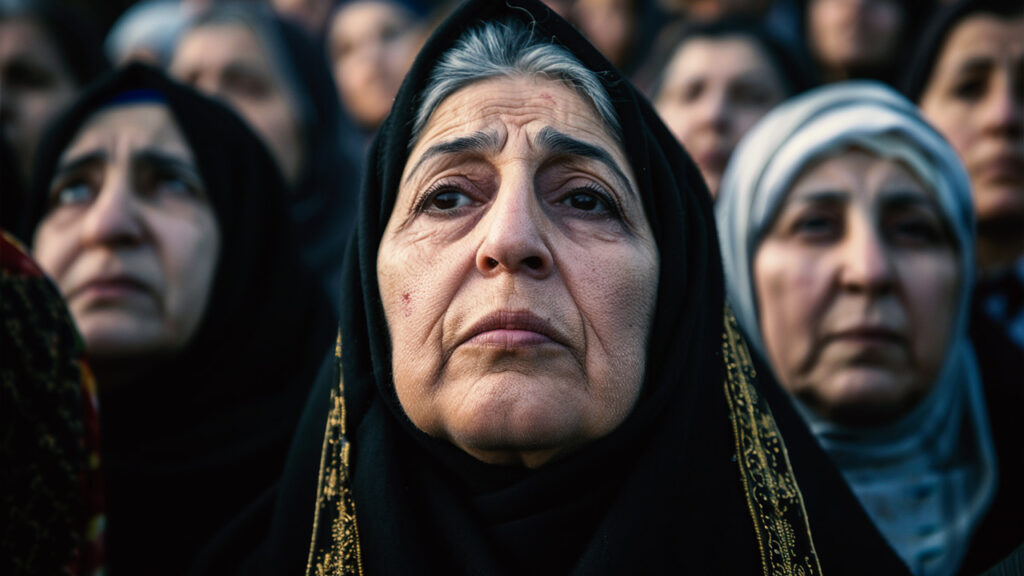by Peter Schiff, Schiff Gold:

Amid ongoing tension in the Middle East, Iranian President Ebrahim Raisi and the foreign minister have been confirmed dead Monday after a helicopter crash. The officials’ shocking demise casts additional investor doubt on a region already plagued by economic upheaval, with supply chain uncertainties fueling record-high metal prices this week.
Inside Iranian borders, the president’s death has sparked mixed reactions from public mourning to open celebration, reflecting a sharpening of regional opinion divides. Attempts to make predictions about the country’s economic and political future are further clouded by gaps in the governmental leadership succession plan. Raisi held multiple consequential positions within the government that must now be filled by voters who are turning out in record-low numbers.
TRUTH LIVES on at https://sgtreport.tv/
The U.S. diplomatic response has been noncommittal, failing to adopt either a reassuring or aggressive stance. Though public condolences were promptly offered by the State Department, the White House initially remained “unusually quiet,” reflecting what some call a “broader inability to outline a clear policy and vision for the future of the Middle East.” On Tuesday, White House national security spokesman John Kirby acknowledged the “atrocious human rights [violations] in [Raisi’s] own country” while offering “official condolences as appropriate” and promising to “stand with the Iranian people as they fight for their own civil rights.”
The delayed White House response suggests no relaxation of the ongoing tension between the U.S. and Iran. From the market’s perspective, this means no relief from economic sanctions imposed by the Biden administration that have affected more than 600 individuals and entities, including Iran and proxies. Such sanctions drive higher domestic prices and promote diplomatic tension that encourages increased military spending, and thus higher government deficits.
The results: Energetic, persistent inflation and a progressively weakened dollar.
Markets have already taken note. Among base metals, investors are betting on tightening supply chains, which are already strained under the weight of high consumer demand. Prices of aluminum and copper—both of which are among Iran’s top exports—jumped to new peaks this week. Copper prices jumped to $5.17 per pound, buoyed by expectations of a shortage and expanding industrial use with the continued development of electric vehicles, renewable energy, and artificial intelligence.
“We, frankly, are not producing enough copper, and yet, there are buyers everywhere right now for copper,” Wells Fargo Head of Real Asset Strategy John LaForge told The Morning Brief. His remarks came before the accident, which is expected to put further downward pressure on copper supply depending on how quickly the Iranian economy recovers.
Concerns about the security of oil and gasoline imports from the Middle East may further drive production and purchase of EVs, contributing to even greater demand for component materials such as copper and rare earth metals.
Though Iran is neither a major exporter nor importer of gold, prices for the precious metal are also hitting new records this week as investors turn to the safe-haven commodity amid increasing global economic uncertainty. Fed rate cuts helped propel gold prices to $2,450 even while Raisi’s death remained a rumor, smashing previous records as markets once again proved to be successful prophets.
From Peter Schiff last year: “Anything that happens over there with Israel, we’re … going to be funding it. It’s going to be increasing our deficits, more fiscal stimulus which is inflationary, and that is going to result in bigger deficits and more money printing ….”
Back then, as now, gold prices were rising in response to conflict in the Middle East and Ukraine as investors predicted increasingly harmful economic policies.




